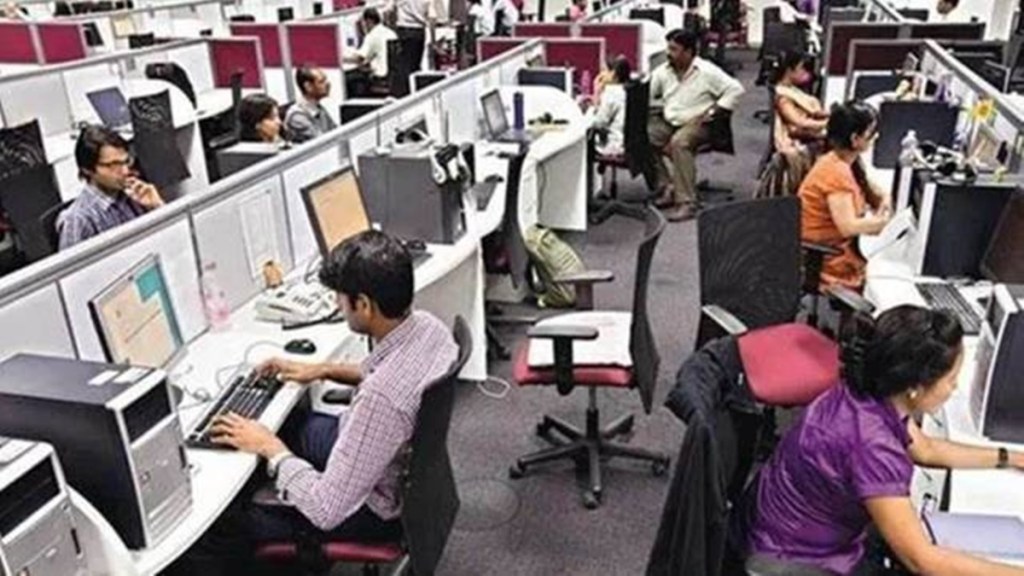Indian IT companies are trying to broad-base their businesses across verticals to reduce their dependence on a few select areas.
For example, the revenue contribution for HCL Tech from the US has increased from 62.5% in FY18 to 64.1% in FY23. But in the same period, it brought down its BFSI exposure to 20.7% in FY23 from 24.9% in FY18. Similarly, revenues from manufacturing as a vertical came down to 19.1% from 35.7% in FY18.
Wipro saw its revenue from the US and Europe increase from 79% in FY18 to 88.7% in FY23. But, while it used to get 13.1% of its revenue from energy, natural resources and utilities in FY18, it is getting about 11.5% from the same vertical currently. In FY18, it used to get 14.4% of its revenue from health vertical. Today the same vertical contributes about 11.8%. But its BFSI vertical has consolidated from 27.8% to 34.9%.
Also read: Inclusion of secondary steel in PLI 2.0 will be a game changer
Infosys’, revenue contribution from North America and Europe increased from 84.2% in FY18 to 88% in FY23, but it saw its exposure to BFSI sector reduce from 33.2% in FY18 to 28.9% at the end of FY23. Life science vertical contribution increased from 4.7% to 7.2% in the same period for the company. Similarly, TCS has also seen its revenue from life sciences and healthcare grow. The vertical that used to contribute about 7.2% in FY18 is now contributing 10.2%.
Concentration risk is something IT companies factor in during their board meetings and show it in their risk factors every year, said Happiest Minds CFO, N Venkatraman.
Persistent Systems, a midcap IT company, has been consciously reducing its clients’ concentration since sometime. The company’s financial results show that its top 10 clients, who used to contribute about 46.7% in Q1 FY22, are contributing about 37.4% of its revenue as of last quarter of FY23.
Happiest Minds sees 67.5% of its revenue coming from the US but its highest contributing vertical at 23.2% is edutech. Unlike large IT companies, Happiest Minds generates only 10.3% from BFSI vertical.
Peter Bendor-Samuel, CEO, Everest group, said, “There is clearly concentration risk for TCS, Infosys and Wipro in the BFSI which is the largest vertical for each of these firms. This BFSI concentration also carries geographic concentration as this work is largely out of the US and the UK with some exposure in Hong Kong and Singapore”.
Pareekh Jain, founder of Pareekh Consulting, says that concentration risks have come along with outsourcing business to Indian IT companies.


